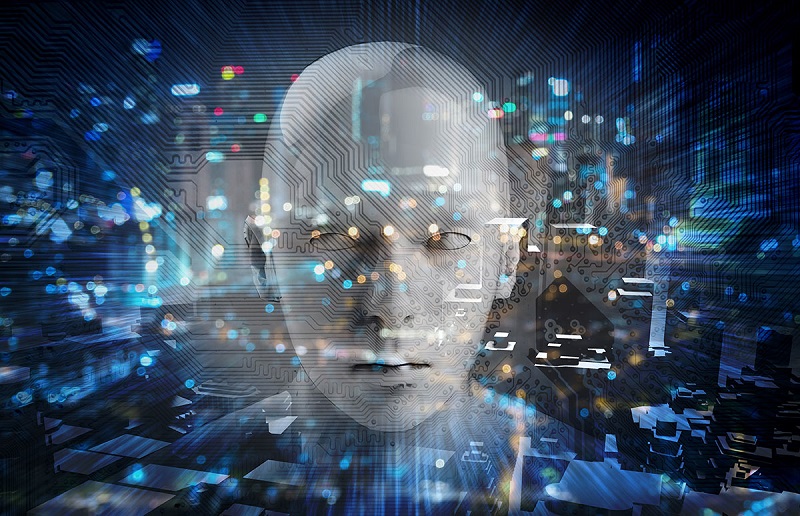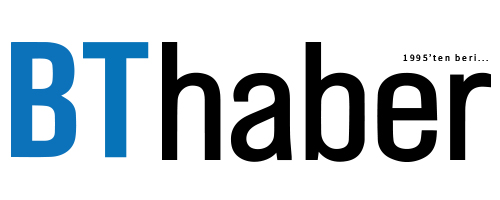Artificial Intelligence: Transformative or Dangerous?


Turkey’s first technology-oriented thinking center STM ThinkTech, published its ‘STM ThinkTech Outlook’ report prepared by summarizing recent developments in 11 chapters, under the ‘Artificial Intelligence: Perspectives and Practices’ title.
The report, prepared with the analysis of the opinions, approaches and suggestions of leading academicians, authors and business people on artificial intelligence from all over the world, examines the great transformations that artificial intelligence has created in all areas of life from business models to daily life, from education to health. The report, which can be accessed on STM ThinkTech’s website, addresses the question of whether it is transformative or the biggest danger to humanity. The report, which summarizes the developments in the world and looks at the future of artificial intelligence in the light of the opinions of academicians, thinkers, authors and experts, was prepared in 11 chapters by examining more than 150 works of the experts. In the first section titled “Artificial Intelligence Explosion All Over the World”, academic studies in the field of artificial intelligence made in 2019, the number of patents received, investments, new application areas and the size of the sector are shared. Readers can find answers to the following questions in this section: “Which country believes in artificial intelligence to reach ‘Society 5.0’ and what steps is it taking in this way? What is collective intelligence and what will be the result when combined with artificial intelligence? What is small artificial intelligence and what does it promise? What kind of legacy did 2019 leave for the future of artificial intelligence?”
What makes Europe the secret power of artificial intelligence?
The second chapter titled “Artificial Intelligence and Geopolitical Competition” summarizes the latest developments in the competition to set the standards of artificial intelligence among the great powers. It is an extremely common view that those who take the lead in the field of artificial intelligence among the great powers will rule the world in 2100. The report looks at the recent steps taken to gain advantage in the field of artificial intelligence in China, the USA and Europe. Readers can find answers to these questions in this section: “Is China really the world leader in artificial intelligence? What is the USA’s advantage in the competition? What makes Europe the secret power of artificial intelligence?”
The third chapter titled “Artificial Intelligence and Economy” steps into the minefield of artificial intelligence. Because contrary to what many people think, there is no consensus that artificial intelligence will be a cure for the chronic problems of the world economy. On the contrary, there are strong objections that artificial intelligence will have a negative impact on productivity, employment and growth. Readers can find comments by the most influential figures on the following questions: “Is artificial intelligence a threat to developing countries? Are companies ready for artificial intelligence? How does the finance sector view artificial intelligence?” The fourth chapter titled “Artificial Intelligence and Education” provides a detailed overview of new approaches, practices and issues discussed in the field of education. The fifth chapter titled “Artificial Intelligence and Health” dives into a conflict of ideas. Because artificial intelligence is increasingly used in many areas from cancer to epidemic diseases in the field of health, but the adequacy and bias of the data applied by artificial intelligence in this field is a big debate. The next section titled “Artificial Intelligence and Climate Change” discusses technology as both the source of the problem and the hope for a solution. Technology companies that emit greenhouse gases that cause climate change by consuming energy intensively, also develop artificial intelligence solutions that increase the efficiency of fossil fuel producing companies and indirectly reduce CO2 emissions. The same technology increases the efficiency of the renewable energy sector.
Artificial Intelligence as Goodness
The chapter 7 titled “Artificial Intelligence, Defense and Security” takes a look at the recent debates in the area where the strongest opposition to artificial intelligence is shown. Privacy breaches, genetic testing, cyber-attacks, 5G and national security concerns and ‘killer robots’ are among the topics discussed in this section. Readers will find an answer to the question; “How will deterrence be achieved in the age of thinking machines?” in this section. Ethical debates about artificial intelligence are explored in detail in the next two chapters. While the concerns about artificial intelligence ethics are discussed in the eight chapter, the next chapter titled “Artificial Intelligence as Goodness” examines the studies of thinkers and researchers who strive to “make artificial intelligence a power that brings goodness”. The chapter 10 dwells on a topic covered in science fiction movies about the future of artificial intelligence: “Will we allow artificial intelligence out of human control?” This question has become almost a philosophical problem today. STM ThinkTech Outlook also conveys the answers given to questions such as: “Can artificial intelligence surpass human intelligence?”, “Can human thinking and machine logic match?” and “Is artificial intelligence an ideology?”. This comprehensive report also takes a look at the roles that artificial intelligence can play in the Covid-19 pandemic, which will leave its mark on the 2020s.











